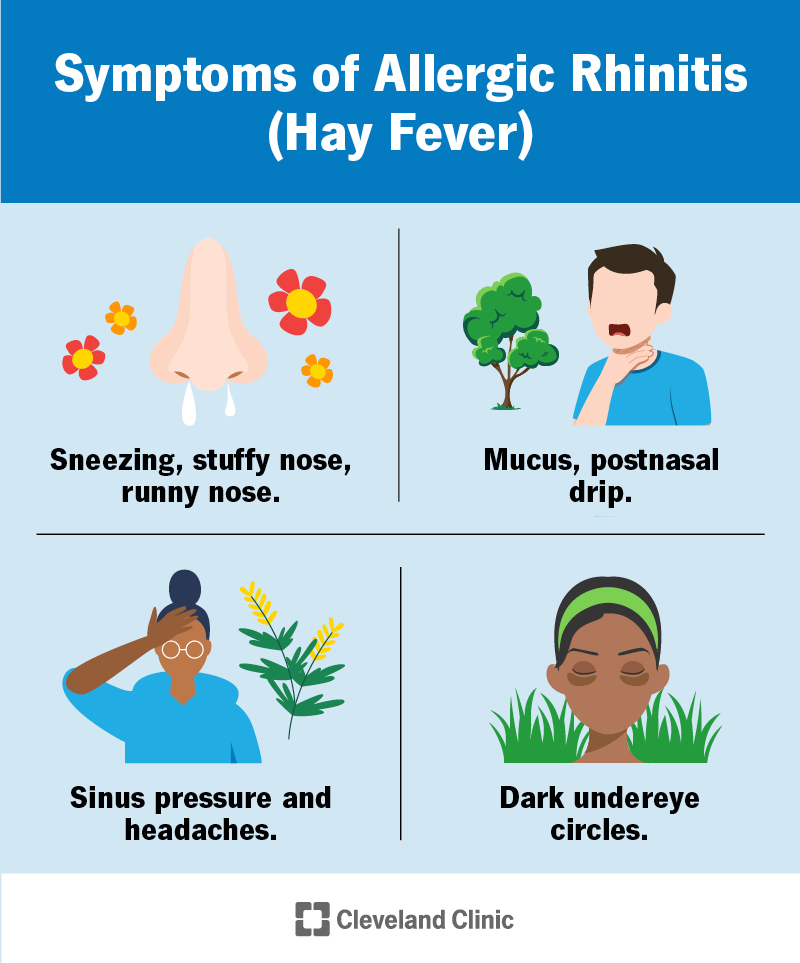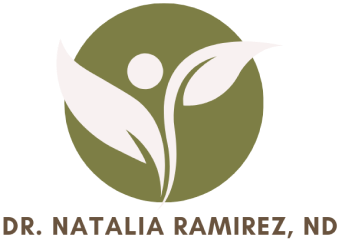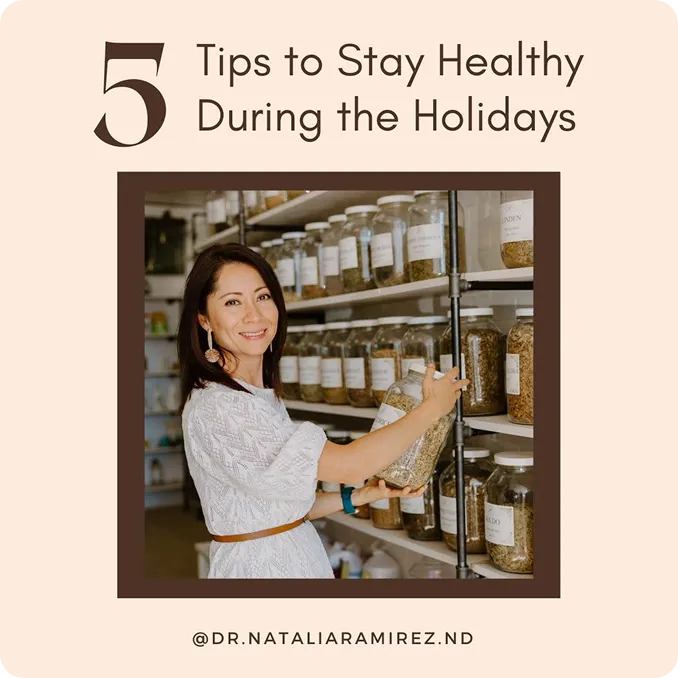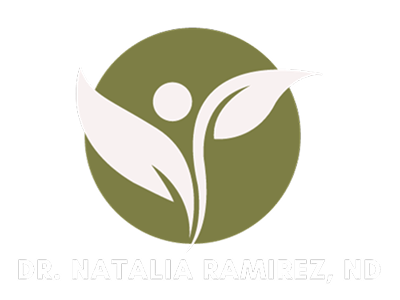As the snow melts and the first buds of spring emerge, so too do the dreaded symptoms of seasonal allergies. For many, this time of year is marked not by the beauty of blooming flora but by the discomfort of sneezing, itchy eyes, and endless congestion. Conventional medicine often turns to antihistamines and decongestants to combat these symptoms, and although they provide relief, sometimes they can cause rebound congestion or other unwanted side effects. For those seeking a more holistic approach, nature itself offers a bounty of solutions.
In this blog post, we will explore a naturopathic approach to managing spring allergies, focusing on natural remedies and lifestyle adjustments that align with the body’s intrinsic healing processes.
Understanding Spring Allergies: Causes and Symptoms
Spring allergies, commonly known as hay fever, arise when the immune system reacts to airborne allergens like pollen, mould, and dust. This immune response is essentially a mistake, where the body treats harmless substances as if they were dangerous invaders, leading to the release of histamines. Histamines are chemicals in the body that trigger allergy symptoms such as sneezing, itching, watery eyes, and nasal congestion to expel these allergens from the body. By recognizing these triggers and understanding how they affect us, we can better prepare our bodies to deal with them naturally.

Dietary Adjustments to Alleviate Allergy Symptoms
One of the most powerful tools in our naturopathic arsenal is our diet. The diet plays a crucial role in managing inflammation and the immune system’s response. Certain foods can exacerbate allergy symptoms, while others can help mitigate them.
Incorporating foods rich in omega-3 fatty acids, such as flaxseeds, walnuts, and fish, can reduce inflammation associated with allergic reactions. Additionally, brightly coloured fruits and vegetables loaded with antioxidants can bolster the immune system, potentially making it less likely to overreact to allergens.
Foods containing quercetin, a natural antihistamine found in onions, apples, and berries, can also be beneficial, as it can help in stabilising mast cells to prevent them from releasing histamines. On the other hand, reducing dairy and sugar intake may help lessen mucus production and inflammation, respectively.
Herbal Remedies and Supplements
Nature offers an array of herbs and supplements that can provide relief from spring allergies.
Herbal Remedies
Butterbur (Petasites officinalis), for example, is a herb known for its anti-inflammatory and antihistamine properties. It has been studied for its ability to block some of the chemical reactions that trigger allergies. Stinging nettle (Urtica Dioica), is a plan that acts as a natural antihistamine, which can help manage symptoms without the drowsiness often associated with over-the-counter options.
Supplements*
Quercetin supplements, derived from plants, can stabilise mast cells and prevent them from releasing histamines. Spirulina, a type of blue-green algae, with its anti-inflammatory properties, may support the reduction of allergic symptoms.
In addition, Vitamin C can also help reduce allergy symptoms. Citrus fruits, strawberries, and broccoli are natural sources of Vitamin C, but supplementation may provide a more concentrated dose required to see benefits against allergies. Also, N-Acetylcysteine (NAC) has been shown to thin mucus, which can be particularly beneficial for those suffering from congestion due to allergies. It may also offer antioxidant protection against the oxidative stress caused by allergic reactions.
Both Vitamin C and NAC offer adjunctive benefits for managing allergy symptoms through their antioxidant properties and other mechanisms that can support the body’s response to allergens. However, it’s important to approach the use of these supplements with care.
*Disclaimer
Before adding any supplements to your routine, it’s crucial to consult with a healthcare provider. Supplements can interact with medications, and what works for one individual may not be suitable for another. A healthcare provider can offer personalised advice based on your health history and specific needs, ensuring that your approach to managing spring allergies is both safe and effective. For personalised assistance and to explore how these supplements might fit into your allergy management plan, I’m here to help. Feel free to book a 15-minute free discovery call here to explore how naturopathic medicine can help you.
Lifestyle Changes and Home Remedies
In addition to dietary adjustments and herbal remedies, certain lifestyle changes can significantly impact allergy symptoms. Keeping windows closed during high pollen days and using high-efficiency particulate air (HEPA) filters in air purifiers can reduce exposure to allergens. Regularly cleaning your home to remove dust and pet dander is also crucial. Saline nasal rinses can clear nasal passages of allergens and relieve congestion. Finally, incorporating essential oils such as eucalyptus and peppermint into your routine can help open airways and offer a sense of relief.
The Role of Stress Management and Holistic Practices
Managing stress is an often overlooked but vital component of allergy relief. Chronic stress can worsen allergic reactions, making it important to incorporate stress-reduction techniques into daily life. Practices such as yoga, meditation, and deep breathing exercises can help calm the mind and reduce the body’s stress response. If you are interested in knowing more about these practices for stress relief, I invite you to visit my previous blog post here.
Additionally, acupuncture is introduced as a practice that can help rebalance the body’s energies and potentially alleviate allergy symptoms by opening airway passages and strengthening the immune system. I offer personalised acupuncture sessions aimed at reducing allergy symptoms and improving overall well-being. These sessions are tailored to your specific needs, providing a holistic approach to managing your allergies. For those interested in exploring how acupuncture can help manage their spring allergies, I invite you to book an acupuncture appointment or a 15 min free discovery call here.
Conclusion
As we navigate the challenges of spring allergies, it’s clear that a holistic approach can offer a path to relief that aligns with the body’s natural rhythms and healing capabilities. By understanding the causes and symptoms of allergies, making thoughtful dietary choices, utilizing herbal remedies, adopting beneficial lifestyle changes, and managing stress, we can support our bodies in handling seasonal allergens more effectively.
This naturopathic approach is not about quick fixes but about building a foundation of health that can lead to long-term relief from allergies and an overall improvement in wellbeing. As we embrace the gifts of nature and the power of holistic practices, we can look forward to enjoying the beauty of spring with open arms and clear sinuses.










